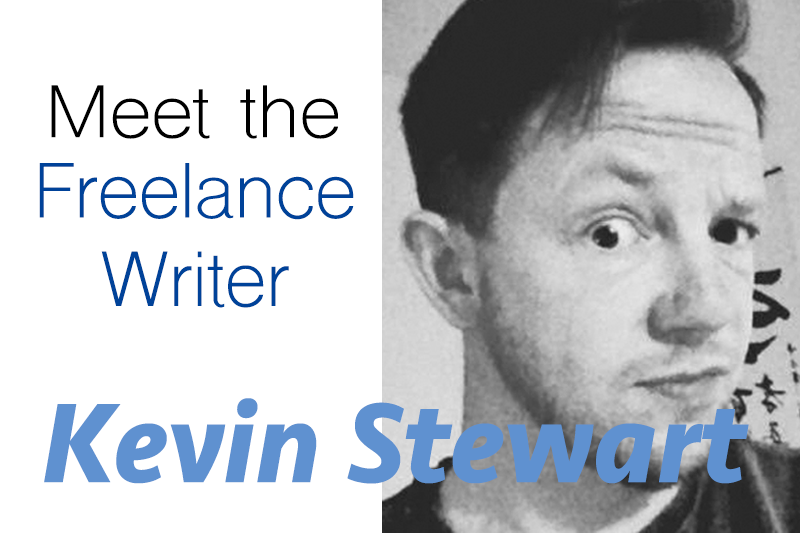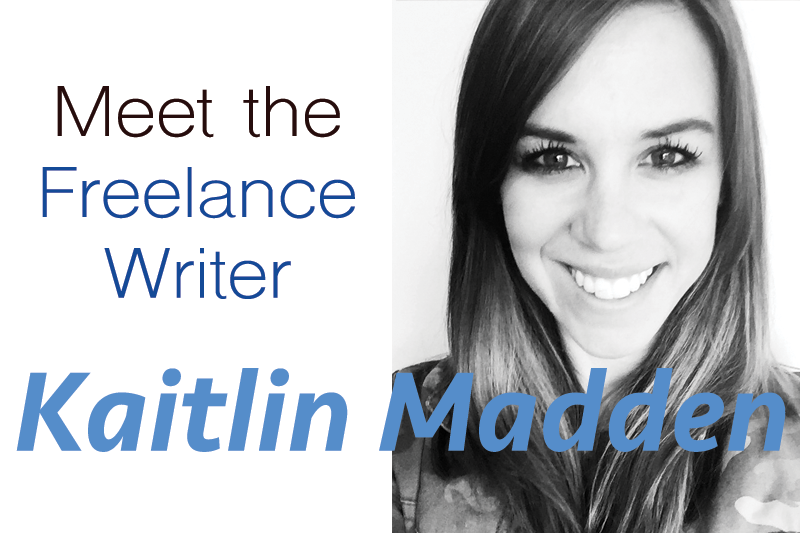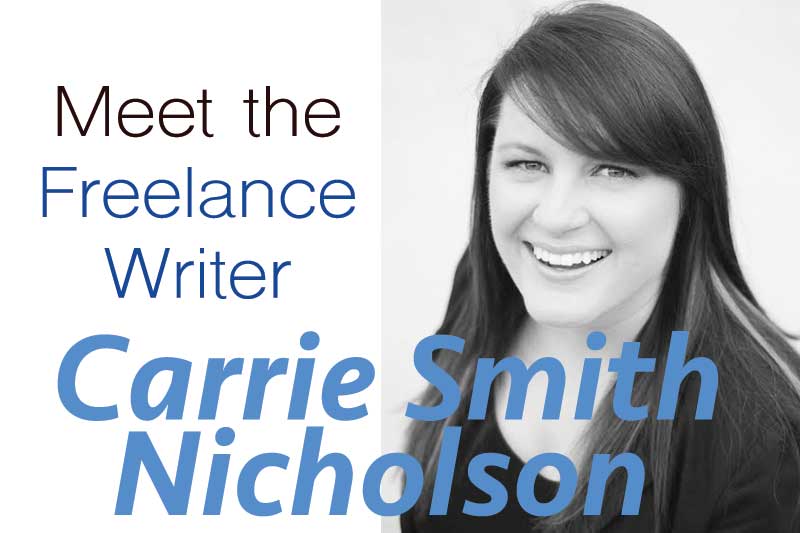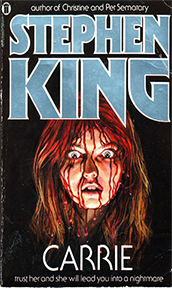The proof, they say, is in the pudding. And a business advisor’s pudding is their ability to communicate business solutions through informative and inspirational reports. It is the principal means by which their client will judge their worth.
So why is it that reports are usually written (and re-written) at the last minute? And why do reports often read as though they have been generated by some kind of robot, not a professional advisor from a practice with its own personality and voice?
Without enough planning, a report can seem unclear and uninformed, and it shows little understanding of the client’s needs. What a client usually needs is a clearly laid-out, jargon-free and transparent solution to their financial or business problems. A report with page after page of facts and figures, industry analysis and ‘methodology’ will be a report written by a consultant for a consultant. It may allow you, the consultant, to showcase
your expertise. But it’s unlikely to help the client grapple with the business challenges they face.
6 Ways to Effectively Write a Great Report
So how do you provide your clients with clear insight that also demonstrates your expertise? Here are a few simple techniques that could radically improve the quality of your reports, transforming them into one of your practice’s most powerful tools.
1. What exactly does the client want?
The first fundamental error occurs even before you begin to write. Time-stress ensures you lose concentration and instead points your focus towards ‘getting the job done.’ The minute the focus of the report turns to ‘getting it written’; your client’s needs become a side line and an irritation as opposed to the heart of your report.
Asking direct questions guarantees that your report contains the right information for your client. The chances are that you will have spent quite a lot of time with your client before writing the report, so why not ask them what they want the report to include and even how long they would like it to be?
If this isn’t possible, why not spend some time thinking about your client’s objectives and the nature of their problems before tackling the report?
2. What do they need?
What information do they need? What level of detail? How much knowledge do they have already? What will they use your report for?
Spend a few minutes answering these questions before you write your report. This can pay enormous dividends, as it means that you can focus on what the client really wants to know. Think too about the key messages that you want to leave them with. How are you going to ensure that these are clearly communicated in your report, and not buried under less relevant information?
3. The difference between planning and structuring.
Planning and structuring are two very separate processes.
First, focus on brainstorming all the information that needs to go in the report. Information that is essential for a client should take priority over information that is unnecessary. Only once you have done this should you start thinking about the structure. When deciding how your report will be structured, you must answer two crucial questions: what information will go where and in what format? Be ruthless. There is a distinct difference between ‘essential’ and ‘important’. Only essential information should go into the main body of the text. Anything that is not essential will only make the client feel that their time is being wasted. Put ‘important’ detail, diagrams, references, figures etc. in appendices or footnotes.
Make sure that you divide your report into logical sections, with clear and meaningful subheadings that act as signposts for your client. Subheadings tell customers where they can find specific topics and information.
4. Lose the financial buzz words and jargon.
How many financial buzz words and jargon do you use on a daily basis? How many of these words are truly meaningful or helpful to your client? Buzz words and jargon will not convince clients of your professionalism; nor will they demonstrate your superior business know-how: they will simply cause confusion and frustration. Like you, most clients are inundated with
documents to read. The last thing they want is to waste time deciphering buzz words and jargon. The same applies to over descriptive, ‘flowery’ language, acronyms and abbreviations.
5. Show your personality.
Finally; use reports to show that you offer a level of personal service that exceeds mere ‘number crunching’. Show that your consultancy distinguishes itself with its own ‘personality’ and voice to suit your client. Address your clients directly. Try and make your reports personal by using ‘you’ and ‘we’. Avoid passive generalisations such as, ‘It is estimated that’ or ‘It is recommended that’. Clients want to
know that they are dealing with real people, so write, ‘We estimate’ or ‘We recommend’, not ‘It is estimated that.’ Writing formal, accurate and concise copy does not mean writing bland or impersonal copy.
Try to make all your writing as ‘active’ as possible. It is much more interesting to read about organisations and individuals taking action rather than things mysteriously occurring: ‘X’s Board reported a 38 per cent profit margin last year’ instead of ‘A 38 percent profit margin was reported last year.’
6. Executive summary.
No matter how well structured and well written your report is, some clients will feel they only have time to read the executive summary. This is particularly true for senior management. So it is absolutely essential that you put a lot of thought into its structure and content:
* Make sure the summary can stand alone – it must contain real information, including hard facts and figures
* If your report includes recommendations, make it clear what these are and include their implications, values and costs (if applicable)
* Stick to a maximum of two pages. Use carefully selected headings and bullets to break up text, as well as relevant graphs or pie charts, to get your main message across.
So remember… A badly written report exasperates people and fails to impress or galvanise clients into action. A well-written report is a critical business tool. It can help build trust and loyalty with your clients. If written well, reports can demonstrate expertise and knowledge.
Your consultancy’s reports can change the way your clients think and feel about their business. They can influence decisions and inspire action. And no matter how many weeks or months you have spent on a project, it is your final report that will leave the most lasting impression with your client. Make sure it’s the right one.
About the Author:
Jo-Rosie is the Communications Officer and Copywriter for Brighton-based search-led Internet Marketing Consultancy, Leapfrogg. Leapfrogg works with clients to acquire, convert and retain customers online, thereby delivering positive returns to their organisations. With expertise, passion and integrity, help make the place a better place to do business with Leapfrogg. www.leapfrogg.co.uk


























































